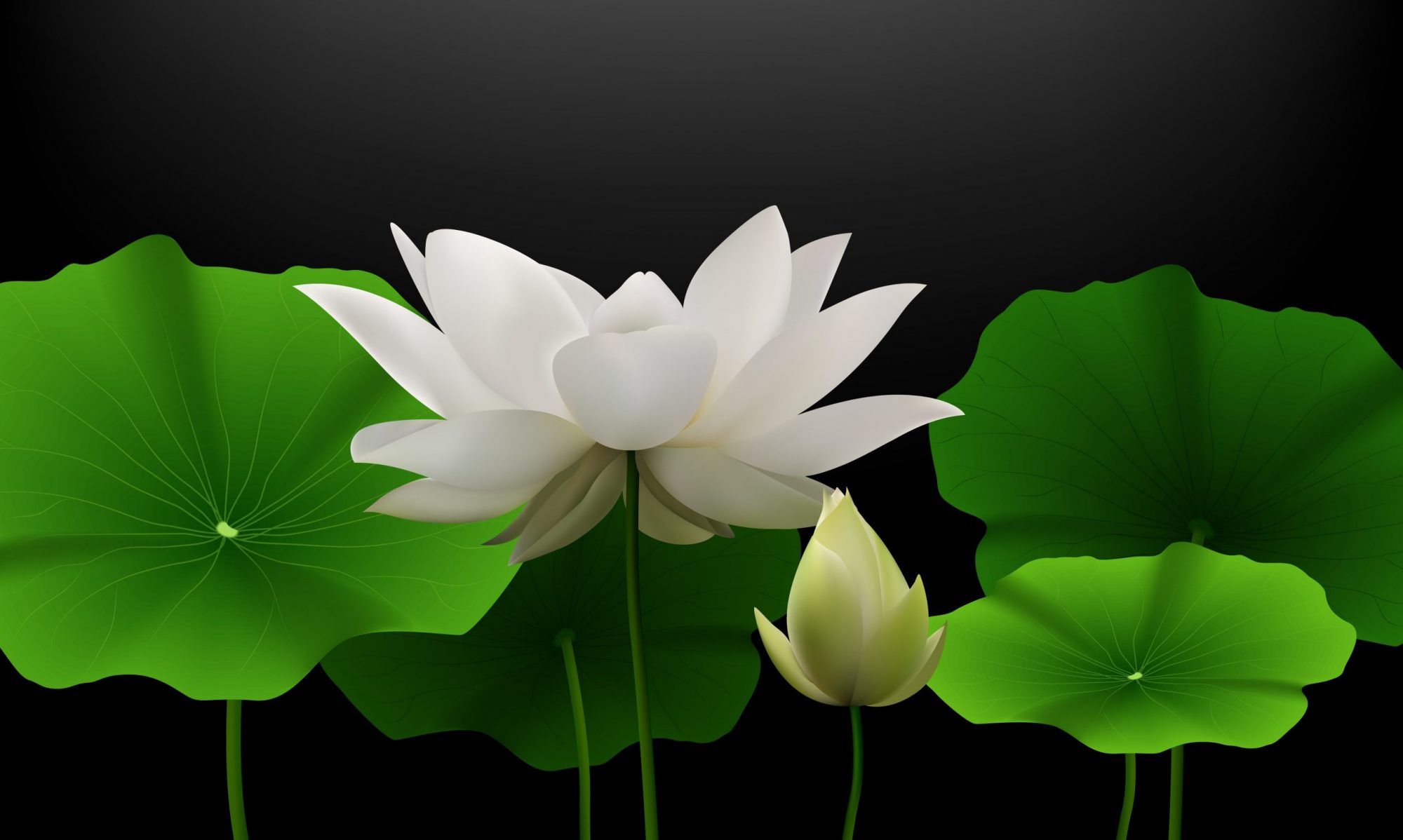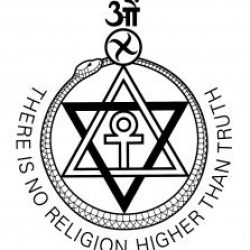Dear members of our Lodge,
Lodge Update #2 informed the Membership that this year we would study traditional theosophical texts that help us discover our divine inner nature. It is time for the Membership to select a text for our Lodge study this year.
The Board used the following process to develop a list of study book candidates. Each Board Officer submitted three texts for consideration and all the titles were consolidated into a master list. Then each Board Officer recommended three texts from that master list for the Membership to choose. The three texts with the highest number of votes from the Board Officers were:
The Voice of the Silence by H. P. Blavatsky
The Ocean of Theosophy by W. Q. Judge
The First and Last Freedom by J. Krishnamurti
The following page presents an introduction to these three books for your review. Please select one of the above titles. If you have signed up to become a Lodge member, you are eligible to cast your vote by August 13th. (To become a member, go to Lodge Dues). Email theosophy.ojaivalley@gmail.com, and I will tally all the responses. The text with the highest number of Lodge member votes will be used as our study book.
For those who become Lodge members for the 2021-22 program year that need to purchase a copy of the chosen study book, the Krotona Bookstore will offer a 10% discount on the book as well as on any additional books and merchandise.
Lodge Update #4 will let you know which book the voters have selected for our study this year.
Fraternally,
Dana Hachigian,
Corresponding Secretary
August 7th, 2021
Book Descriptions
The Voice of the Silence by H. P. Blavatsky (1831-91)
This gem of ancient Eastern Wisdom, first published in 1889, is a translation and commentary by H. P. Blavatsky (HPB) of a manuscript known as The Book of the Golden Precepts. This work contains profound teaching expressed in the poetical beauty of language and imagery. It has run into many editions and has been translated into several languages. It is one of the three theosophical classics which are invaluable to aspirants on the spiritual path. The other two being At the Feet of the Master by J. Krishnamurti (or Alcyone), and Light on the Path by Mabel Collins.
Born in a noble Russian family and psychic since birth, HPB traveled all over the world in search of occult knowledge and spent considerable time in the Himalayan regions studying in monasteries preserving the instructions of some of the world’s most learned and spiritual teachers of bygone times. Along with Col. H. S. Olcott, W. Q. Judge (both attorneys), and other sympathizers, she founded the Theosophical Society (TS) in 1875 “to collect and diffuse a knowledge of the laws which govern the Universe.” The Collected Works of H. P. Blavatsky, edited by B. de Zirkoff in 19 volumes, includes her monumental work, The Secret Doctrine.
The Ocean of Theosophy by W. Q. Judge (1851-1896)
In the author’s words about this book: “An attempt is made to write of theosophy in such a manner as to be understood by the ordinary reader. The tone of conviction . . . is not the result of dogmatism or conceit, but flows from knowledge based upon evidence and experience. . . . I have simply written that which I have been taught and which has been proved to me, and therefore is only a handing on of what has been known before. . . . Humanity has a line of elder brothers who continually watch over the progress of the less progressed, and preserve the knowledge gained through eons of trial and experience.”
Born in Ireland, Judge emigrated with his family to New York City when he was 13. In 1872 he became an attorney and also met Col. Olcott. He met Blavatsky two years later and was one of the three main founders of the TS in 1875. In 1886 he began providing superb leadership to the newly formed American Section of the TS until his untimely death, and in 1888 he assisted HPB in the formation of the Esoteric Section in London (currently the international Esoteric School of Theosophy). Later that year she issued a special order appointing him as her “only representative for said Section in America in virtue of his character as a chela of thirteen years standing.”[23] Judge left a body of writings that are among the clearest explanations of the principles of Theosophy.
The First and Last Freedom by Jiddu Krishnamurti (1895-1986)
This book was brought out in response to demands from all over the world for a comprehensive book on Krishnamurti’s teachings. It has two parts: the author’s reflections on life, and answers to questions put to him by his audiences. It covers a wide range of themes, from boredom and fear to self-knowledge and God, so it provides a good starting point for those wishing to familiarize themselves with his teachings. In the Foreword of this work, Aldous Huxley writes: “readers will find a clear contemporary statement of the fundamental human problem, together with an invitation to solve it in the only way in which it can be solved — each for and by themselves.”J. Krishnamurti is regarded as one of the greatest philosophers and spiritual teachers of all times and had a major impact on 20th Century thought. Annie Besant, second (after Olcott) international President of the TS from 1907 to 1933 became his legal guardian. Soon after her death he spent the rest of his life speaking around the world about a spiritual life based on awareness, inquiry, and freedom. He taught not as a guru, but as a friend, and his teachings are not based on technicalities or book knowledge and theories, so they communicate directly to those seeking answers to the present world crisis as well as to the eternal problems of human existence.
__________________________________________________

